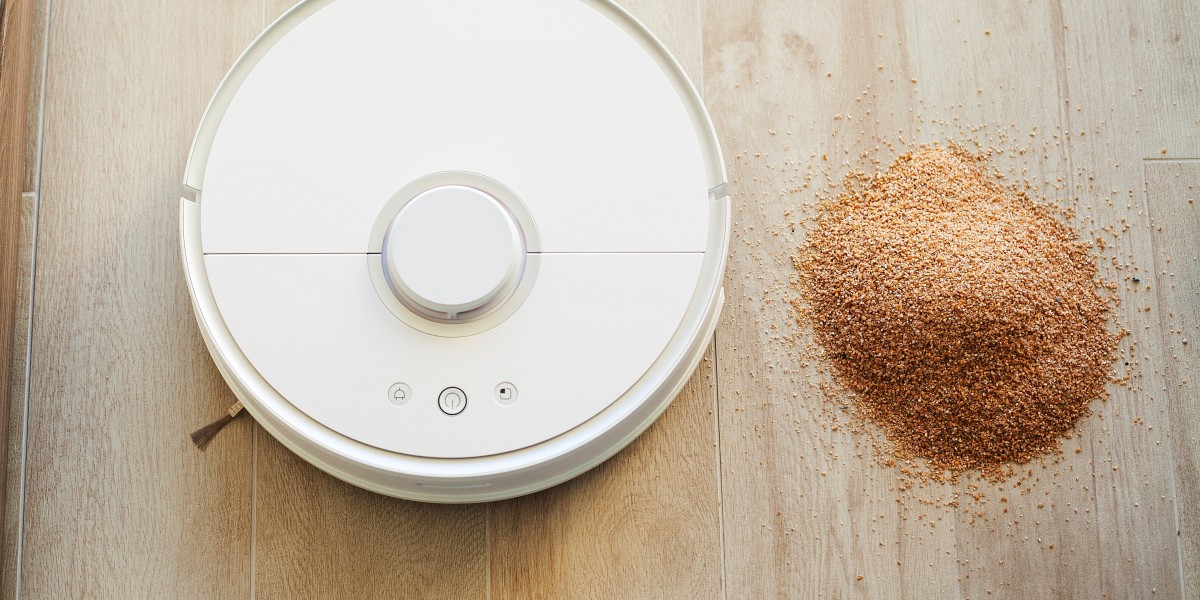
Robotic Vacuum Cleaner Comparison: The Future of Home Cleaning
Over the last few years, robotic vacuum cleaners have changed the method we keep tidiness in our homes. With advancements in innovation and the incorporation of expert system, these gadgets have progressed from simple novelty products to important home devices. This post supplies a detailed comparison of a few of the leading robotic vacuum on the marketplace, helping customers make notified decisions when selecting a model that suits their needs.
Understanding Robotic Vacuum Cleaners
Robotic vacuum cleaners are autonomous makers designed to tidy floors automatically. Equipped with sensors, they browse around barriers and adjust their cleaning paths for maximum performance. The crucial features that distinguish various models consist of suction power, battery life, app connectivity, navigation innovation, and price.
Secret Features to Consider
When comparing robotic vacuum, possible buyers ought to consider the following aspects:
- Suction Power: Measured in Pascals (Pa), suction power figures out the effectiveness of picking up dirt and particles.
- Battery Life: The length of time a vacuum can operate before requiring a recharge significantly impacts its cleaning performance.
- Navigation Technology: Models may utilize easy random navigation or advanced mapping technologies (like LIDAR) that enable them to develop a map of the home.
- Smart Features: Connectivity to smartphone apps or smart home systems can improve functionality and control.
- Filter Type: HEPA filters are advised for allergy victims, as they trap irritants and improve air quality.
Comparison of Top Robotic Vacuum Cleaners
Below is a comparison table of some of the best automatic vacuum cleaner robotic vacuum cleaners readily available in 2023:
| Model | Suction Power (Pa) | Battery Life (min) | Navigation Technology | Smart Features | Price (GBP) |
|---|---|---|---|---|---|
| iRobot Roomba i7+ | 1700 | 75 | Smart mapping | App control, voice command | ₤ 949 |
| Roborock S7 | 2500 | 180 | LIDAR | App control, multi-floor | ₤ 649 |
| Neato D7 | 2000 | 120 | LIDAR | App control, zone cleaning | ₤ 599 |
| Ecovacs Deebot T10 | 3000 | 150 | Smart mapping | App control, space detection | ₤ 799 |
| Shark IQ robot vacuum cleaner industrial | 1200 | 90 | Random | App control, self-emptying | ₤ 399 |
Explanation of the Table
iRobot Roomba i7+: Known for its robust cleaning capability, it includes smart mapping innovation that allows it to designate particular locations for cleaning. Its self-emptying feature is a plus for convenience.
Roborock S7: This model masters suction power and battery life, making it ideal for larger homes. Its LIDAR technology assists create an efficient cleaning course, and it can vacuum bot and mop at the same time.
Neato D7: The D-shape design permits better corner cleaning, and it includes strong suction power. Its LIDAR navigation allows it to draw up cleaning areas accurately.
Ecovacs Deebot T10: Boasting the highest suction power and advanced navigation, this design can handle numerous floors efficiently. It's a flexible option for households with varying floor types.
Shark IQ Robot vacuum cleaner comparison: An affordable choice that still uses smart features. Its self-emptying capability and app integration make it a practical option for those searching for a solid cleaning companion without breaking the bank.
Advantages of Robotic Vacuum Cleaners
Robotic vacuum cleaners provide numerous benefits that add to their increasing popularity amongst customers:
- Time-Saving: Automated cleaning enables users to maximize important time that can be spent on other activities.
- Convenience: Many models can be set up by means of apps to clean at particular times, minimizing manual effort.
- Ease of access: They can reach under furniture and in tight spaces where standard vacuums may struggle.
- Daily Maintenance: Regular usage of robotic vacuums can assist preserve a regularly tidy environment, promoting better total home health.
Frequently Asked Questions About Robotic Vacuum Cleaners
1. How frequently should I run my robotic vacuum?
It is advised to run the robotic vacuum at least 2-3 times a week to keep cleanliness, though everyday usage can be advantageous, particularly in homes with family pets or high foot traffic.
2. Do robotic vacuums deal with carpets?
Yes, lots of robotic vacuums are developed to work on carpets, but effectiveness might vary based upon the model's suction power and brush type. Search for models specifically pointed out as reliable for carpets.
3. Can robotic vacuums clean animal hair?
A lot of robotic vacuums can efficiently get pet hair, however those with strong suction and tangle-free brush styles are especially well-suited for this job.
4. How do I preserve my robotic vacuum?
Regular upkeep consists of cleaning the brushes and sensing units, emptying the dustbin, and sometimes changing filters to guarantee optimal efficiency.
5. Are robotic vacuums worth the financial investment?
While they tend to be more pricey than conventional vacuums, the benefit, effectiveness, and time-saving aspects make them a deserving financial investment for many families.
The marketplace for robotic vacuum cleaners continues to expand as innovation develops, offering customers a range of alternatives to suit different cleaning requirements and spending plans. By thoroughly considering functions such as suction power, battery life, and smart robot vacuums capabilities, users can choose a design that lines up with their lifestyle. Whether for benefit, ease of usage, or exceptional cleaning efficiency, robotic vacuums are certainly improving the future of home cleaning.







